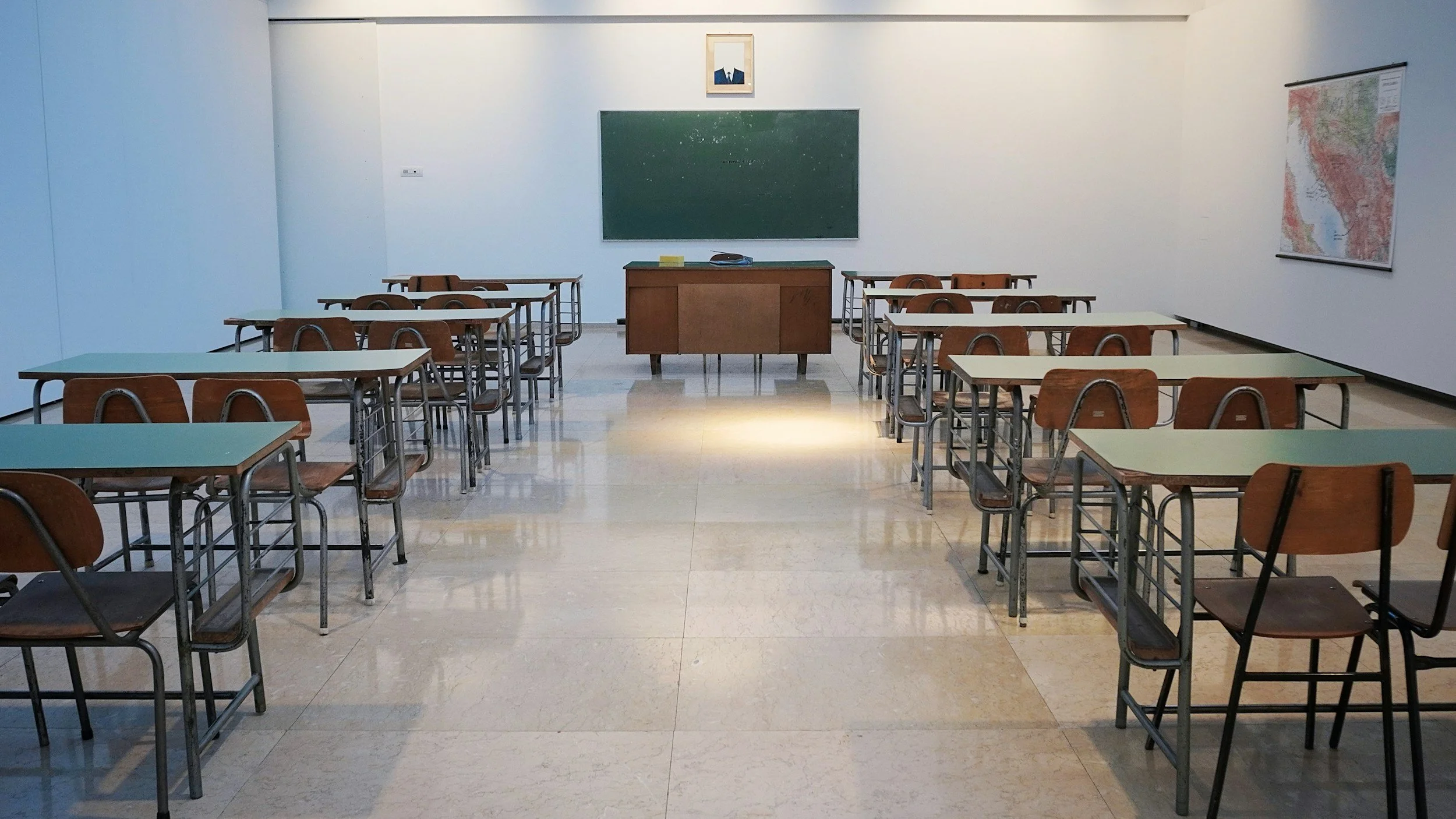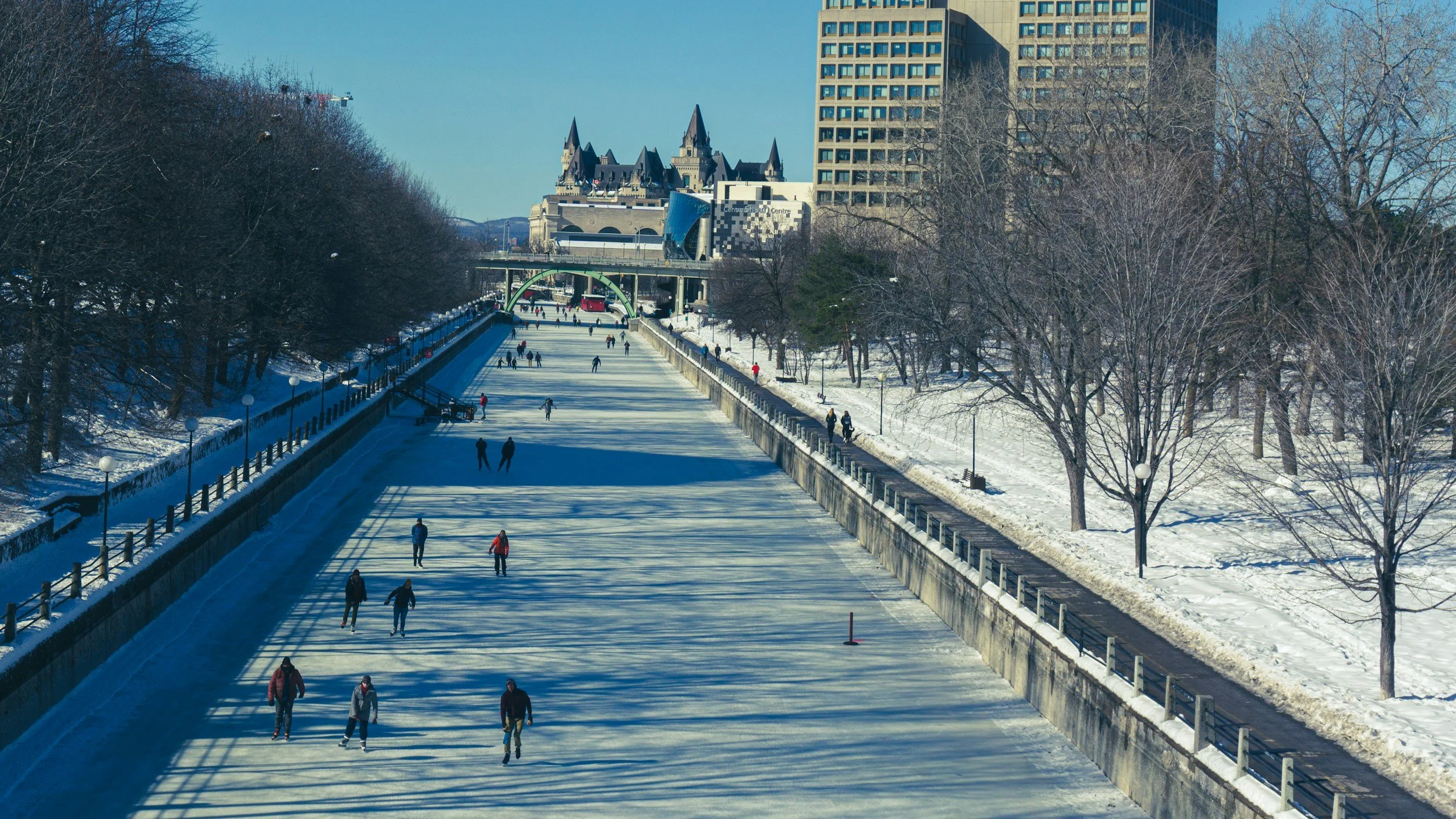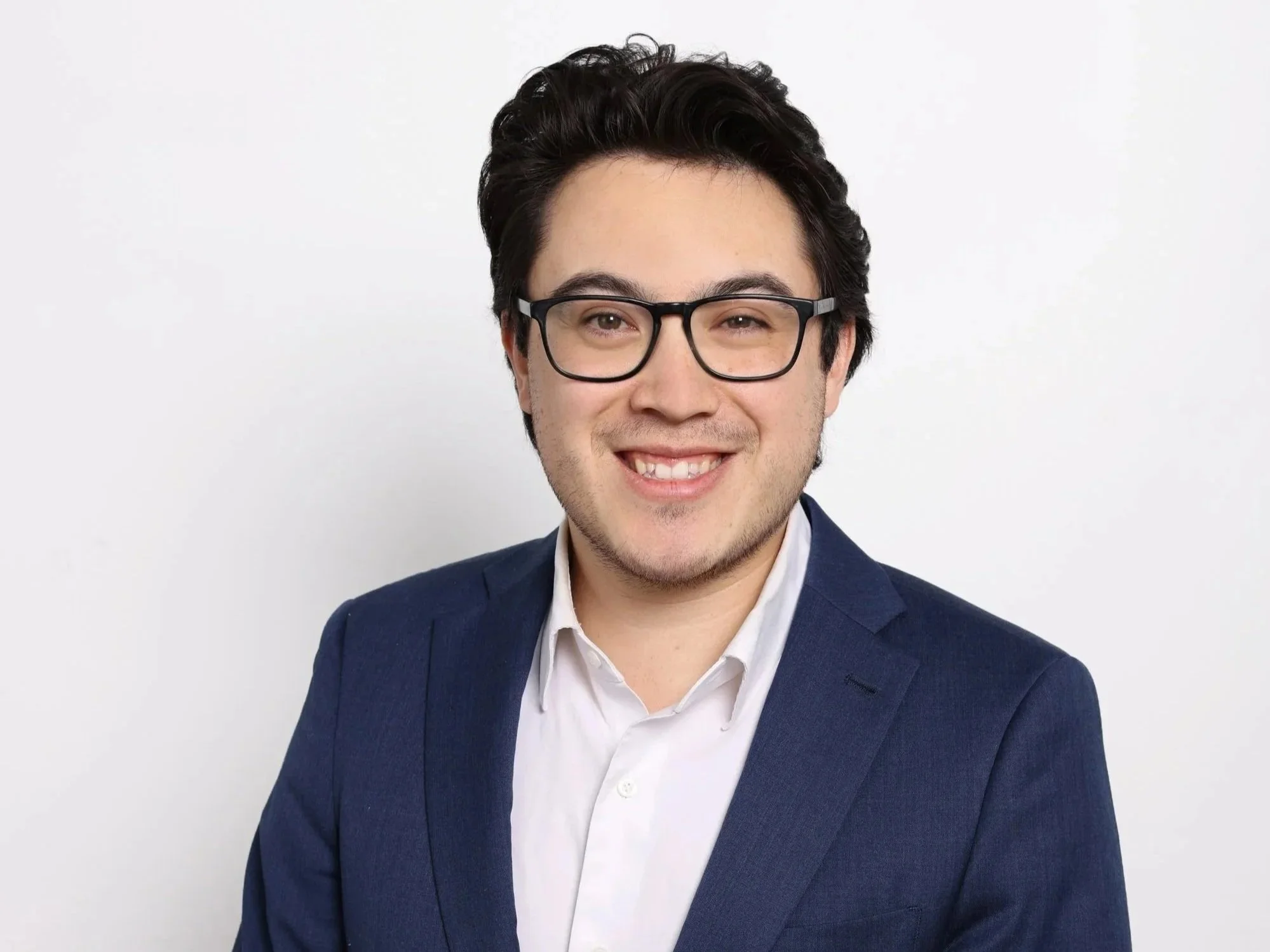Your First-Home Budget Blueprint: What You Really Need to Know
With Vineet Kauden, REALTOR
Buying your first home is a big step. It’s exciting, meaningful, maybe even a little nerve-wracking. My goal as your real-estate guide is not just to help you get approved for a mortgage, but to help you own and enjoy your home without worry. Because the truth is: the monthly mortgage payment is just one part of the equation.
Let’s walk through the full picture of what smart budgeting looks like — so you feel confident and prepared.
1. Why the Monthly Payment Isn’t the Whole Story
When most buyers start out, they focus on: “What can I afford for a monthly mortgage?” Fair question. It’s a major expense, and banks will guide you there. But owning a home means more than just that payment.
You’ll have recurring costs that many first-time buyers don’t fully consider until they’re living it. Add in future changes (like rate increases) and the picture starts to shift. That’s why smart buyers plan from “now” but also from “what if.”
2. Key Monthly Costs to Include in Your Budget
Here are the cost categories you’ll want in your budget – with local relevance, approximate ranges, and take-home rules of thumb.
Property Taxes
In Ottawa and comparable markets you might expect something like $250-$450/month for a typical single-family home. Smaller homes or condos will be lower, newer suburbs might be higher.
Utilities & Home Operating Costs
These include hydro/electricity, gas or oil (for heating), water/sewer, internet, telecom, possibly condo common costs.
Estimated ranges:
Condos: ~$150-$250/month
Freehold homes: ~$300-$500/month or more (especially older homes, larger lots, inefficient systems)
If the home is older and needs updates, those bills can creep up.
Home Insurance
Often overlooked but necessary. For most homes expect somewhere around $75-$125/month depending on value, location, and coverage. Bundling with other insurance (car, etc.) can save money.
Maintenance & Repairs
This is a big one. Every home needs upkeep — filters, roof checks, lawn/snow, small repairs, appliances, maybe bigger issues down the road like HVAC or roof replacement. A good rule of thumb is about 1% of your home’s value per year.
So if the home is $500,000, plan about $5,000/year ≈ $400/month for maintenance/reserve.
Condo Fees (If Applicable)
If you’re buying a condo, there’s likely a monthly condo fee that covers shared services, building insurance, amenities, reserve funds. Typical range: $350-$600/month depending on building, amenities, location. While it adds cost, it also covers some maintenance you’d handle yourself in a detached home.
3. Future-Proofing: When Things Change
One of the most important parts of budgeting is anticipating change. Here are a few “what ifs” to build into your plan.
Interest rate changes / mortgage renewal: If you take a mortgage now with a rate you feel comfortable with, what happens when you renew in 2–5 years? If rates go up, your payment goes up. Smart buyers leave a buffer of $200-$500/month in their budget so they can still thrive when things shift.
Home condition changes: As homes age, systems will fail, roofs will need replacing, etc. Try to plan ahead by saving a maintenance reserve.
Lifestyle/income changes: Maybe you change jobs, take time off, add a baby to the household, or decide you want to travel more. If your home budget is already tight, these changes become stressful. A more relaxed budget gives you freedom.
4. How Much Home Should You Buy? Comfort vs. Stretch
So with all of this in mind, how do you decide what home you can afford? Banks will approve you for one number, but you need your own number — the number you can live with comfortably.
Here are some local and general guidelines:
A widely used rule of thumb: try to keep all your home‐related expenses (mortgage, taxes, insurance, maintenance) to around 30%–35% of your gross annual income. My Money Coach+3RBC Royal Bank+3Reddit+3
On the flip side, if you’re spending 50%+ of your net income on housing, you may be stretching your lifestyle and your future freedom. Reddit
Another Canadian guideline: housing (including all costs) often recommended to stay around 35% of income in typical budgeting frameworks. Home Family+1
In practice: if the bank says you can buy a home with a mortgage payment that uses up most of your budget, ask yourself:
“Will I still be able to save?”
“Will I still be able to travel, entertain, live life?”
“Will I still feel comfortable five years from now?”
If yes — you’re on track. If you have to say no or maybe, you might want to step back and buy something that leaves you more breathing room.
5. Your Action Plan: Build A Smart Budget
Here’s a step-by-step you can follow to build your homeownership budget:
List your net income (after taxes, retirement contributions, etc).
List current monthly obligations (car payments, student loans, credit cards, etc).
Estimate home ownership monthly costs (see categories above).
Add a buffer of ~$200-$500/month for future shifts (interest, maintenance, income changes).
Check the total against your income:
Is your housing budget realistic?
Are you able to save still?
Does the budget feel comfortable, not tight?
Use a budget tool — both the Financial Consumer Agency of Canada and the Canada Mortgage and Housing Corporation provide excellent budget worksheets and tools to compare your spending and plan. Canada.ca+1
Revisit your budget regularly — every 6-12 months, especially if something changes.
When you’re ready to look at homes, run the numbers for each home you like: Can you afford the home today and in five years when something changes?
6. Why This Level of Planning Matters (And Why I Care)
You’re not just buying a house. You’re buying a home. A spot where you’ll live, grow, relax, maybe raise a family or build memories. The last thing you want is to feel financially stressed each month.
My mission is to help you find a home that fits your life — not a home that pushes you to your limit. Because being “approved” isn’t the same as being “comfortable.” The difference is huge.
7. Final Thoughts
If you buy with flexibility in your budget, you’ll sit in the driver’s seat. You’ll feel confident when the unexpected happens. You’ll stay excited about your home instead of stressed.
Here are the quick take-aways:
The mortgage payment is only one piece of the puzzle.
Don’t forget property taxes, utilities, insurance, maintenance/reserve planning.
Leave a buffer for rate changes, lifestyle changes, home condition changes.
Aim for a home you can truly enjoy — not just afford.
Use trusted tools and revisit your budget often.
If you’d like help plugging in actual numbers for your area, for your income, or for specific homes you’re considering — I’d love to walk through it with you personally. Let’s make your home-buying journey smart, confident, and comfortable.
Meet Vineet Kauden
vineet@newpurveyors.com





























